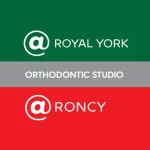
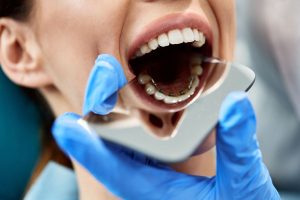
Having a straight and beautiful smile is a goal for many individuals. After undergoing orthodontic treatment, such as braces or aligners, it is essential to maintain the results to ensure a lasting and stunning smile. This is where permanent retainers come into play. This article will explore the benefits, care, and FAQs surrounding permanent retainers.
What Are Permanent Retainers?
Permanent, fixed, or bonded retainers are orthodontic devices that maintain teeth alignment after orthodontic treatment. Unlike removable retainers, permanent retainers are affixed to the backside of the teeth, providing continuous support to prevent them from shifting back to their original positions.
The Importance of Retention
Retention is a crucial phase of orthodontic treatment. Teeth tend to shift over time, even after the active phase of braces or aligners is complete. By wearing a retainer, such as a permanent retainer, patients can ensure that their teeth remain in their newly corrected positions, preserving the results of their orthodontic treatment.
Procedure for Placing Permanent Retainers
The procedure for placing permanent retainers is typically straightforward. First, we will clean and prepare the teeth. Then, a custom retainer is created based on a dental impression. The retainer is bonded to the lingual surfaces of the teeth using dental adhesive. The process is painless and can usually be completed in a single visit.
Advantages of Permanent Retainers
Permanent retainers offer several advantages over removable retainers. Here are some key benefits:
- Continuous retention: Permanent retainers provide ongoing support, ensuring that teeth stay in their corrected positions.
- Convenience: Unlike removable retainers, permanent retainers do not require daily insertion and removal, making them more convenient and less likely to be lost or forgotten.
- Aesthetics: Bonded lingual retainers are discreetly placed on the backside of the teeth, making them virtually invisible when smiling or speaking.
- Long-term stability: Permanent retainers are designed to be worn long-term, providing lasting stability and reducing the risk of teeth shifting over time.
Caring for Permanent Retainers
Proper care is essential to maintain the effectiveness of permanent retainers. Here are some tips for caring for your permanent retainer:
- Regular brushing: Brush your teeth and the retainer thoroughly after meals using a soft-bristle toothbrush and non-abrasive toothpaste.
- Flossing: Use a floss threader or orthodontic floss to clean between the teeth and the retainer. Pay special attention to the areas where the retainer is bonded to the teeth.
- Regular dental check-ups: Visit your dentist regularly to ensure your permanent retainer is in good condition and functioning correctly.
Foods to Avoid with Permanent Retainers
While wearing a permanent retainer, avoiding certain foods that can damage or dislodge the retainer is essential. These include:
- Hard and sticky foods: Chewing on hard candies, ice, or sticky sweets can bend or break the retainer.
- Crunchy foods: Avoid biting into hard fruits and vegetables like apples and carrots, as they can pressure the retainer and cause it to loosen.
- Chewy foods: Foods like chewing gum and caramel can get stuck in the retainer and make cleaning difficult.
Maintaining Oral Hygiene with Permanent Retainers
Maintaining good oral hygiene is crucial when wearing a permanent retainer. Follow these hygiene practices to keep your teeth and retainer clean:
- Brush your teeth at least twice daily, focusing on all surfaces, including the retainer.
- Use an antimicrobial mouthwash to help reduce bacteria and keep your mouth fresh.
- Consider using a water flosser or interdental brushes to clean hard-to-reach areas around the retainer.
Adjustments and Repairs
In some cases, adjustments or repairs may be necessary for permanent retainers. If you notice any signs of damage or if the retainer feels loose, contact us immediately for an evaluation. We can make any necessary adjustments or repairs to ensure the retainer continues to function effectively.
Lifespan of Permanent Retainers
The lifespan of permanent retainers can vary depending on factors such as oral hygiene practices and individual differences. With proper care, permanent retainers can last several years or even decades. However, it is important to monitor the condition of the retainer and consult with us if any issues arise.
Permanently Retain Your Perfect Smile!
Permanent retainers are reliable and effective for maintaining a straight and beautiful smile after orthodontic treatment. They provide continuous support to prevent teeth from shifting back to their original positions, ensuring long-term stabilityYouou can enjoy the benefits of a permanent retainer for years by following proper care and hygiene practices.
Start your Orthodontic Treatment Journey with Us!
“A positive self-image and self-confidence can result from proper orthodontic care.”
This belief has been our foundation for over 17 years of creating beautiful, straight, and confident smiles!
With thousands of finished cases under our belt, we are confident in our ability to provide you and your family with excellent treatment delivered with expertise and care.
Plan your smile with one of the best Orthodontists in Toronto, Ontario. Schedule a virtual care or in-office appointment with us! Let’s work together to create the best smile for you and your family.
Frequently Asked Questions (FAQs)
How long do I need to wear a permanent retainer?
The duration of wearing a permanent retainer varies from patient to patient. In most cases, orthodontists recommend wearing a permanent retainer for several years or indefinitely to maintain the results of orthodontic treatment.
Can I remove a permanent retainer?
No, permanent retainers are designed to be fixed in place and cannot be removed by the patient. Only a dental professional can remove or adjust a permanent retainer.
Are permanent retainers noticeable?
Bonded lingual retainers are discreet and not easily noticeable when smiling or talking. They are placed on the backside of the teeth, making them virtually invisible.
Can I play sports or musical instruments with a permanent retainer?
You can participate in sports and play musical instruments while wearing a permanent retainer. However, it is important to take precautions to avoid any impact or damage to the retainer. In contact sports, it may be advisable to wear a mouthguard to provide additional protection.
Are permanent retainers uncomfortable?
Initially, there may be some discomfort or an adjustment period when wearing a permanent retainer. However, most people adapt quickly, and the pain typically subsides within a few days. Contact your orthodontist for an evaluation if you experience persistent discomfort or irritation.
Recent Posts
-
Inside the World of Orthodontists: Education, Precision, and Transformative Treatments
The Evolution of Orthodontics: A Brief Historical Overview Orthodontics, an integral branch…
-
How Orthodontists Plan a Treatment for a Beautiful Smile
Understanding the Patient's Unique Needs A positive self-image and confidence can result…
-
Unleash Your New Smile! Here's What You Need to Know Before Braces Removal
Are you excited to see your smile transformation? Taking your braces off…
-
Traits That a Good Orthodontist Should Have
Choosing an orthodontist is half your smile transformation journey. That’s why in…
-
How Braces Can Help Fix an Asymmetrical Jawline
An asymmetrical jawline can cause concern for many individuals, affecting their appearance…
-
Can Cavities Be Reversed?
Cavities are among the most common dental issues people of all ages…
-
What to Prepare During Your First Braces Appointment
Are you about to embark on your journey to a beautiful smile…
-
Taking Care of Baby Teeth: A Comprehensive Guide for Parents
Caring for our children's health is one of our most crucial responsibilities…
-
What are Brace Elastics?
If you or someone you know is undergoing orthodontic treatment with braces,…
-
Difference Between an Overjet and Overbite: A Comprehensive Guide
Two orthodontic terms that often confuse our patients are "overjet" and "overbite."…

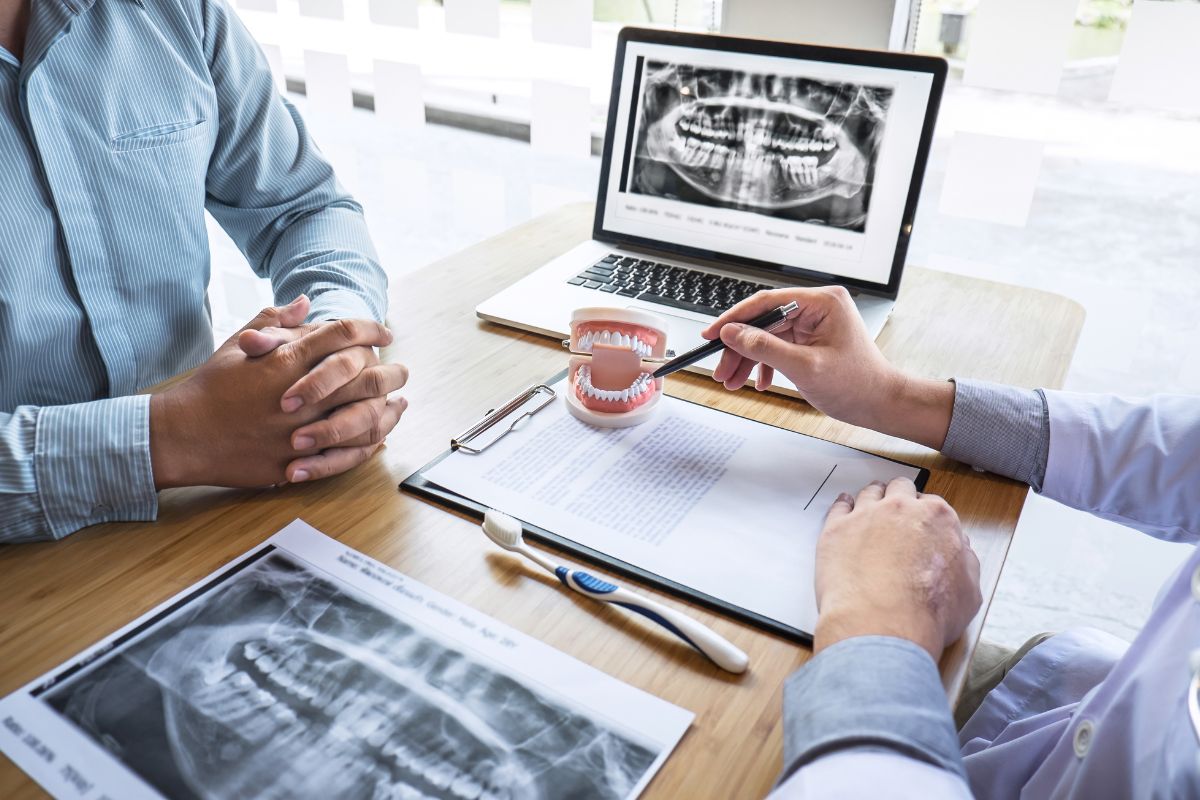
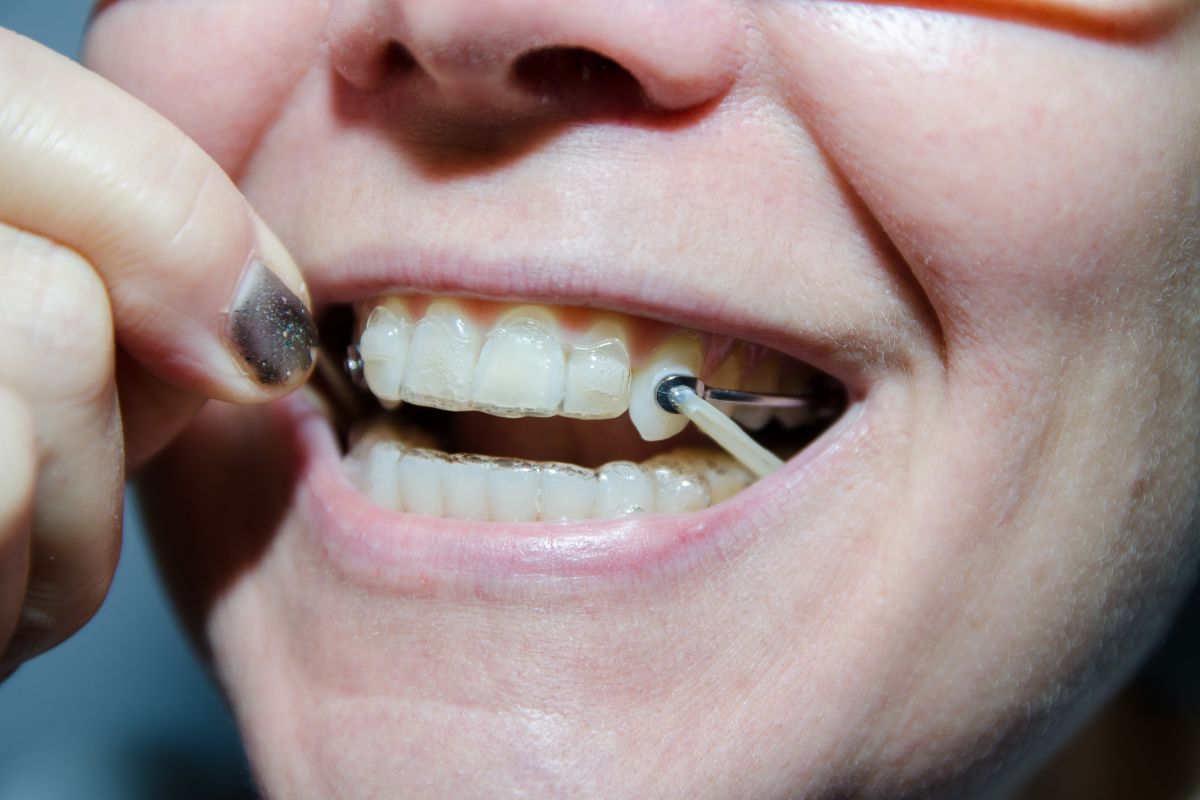



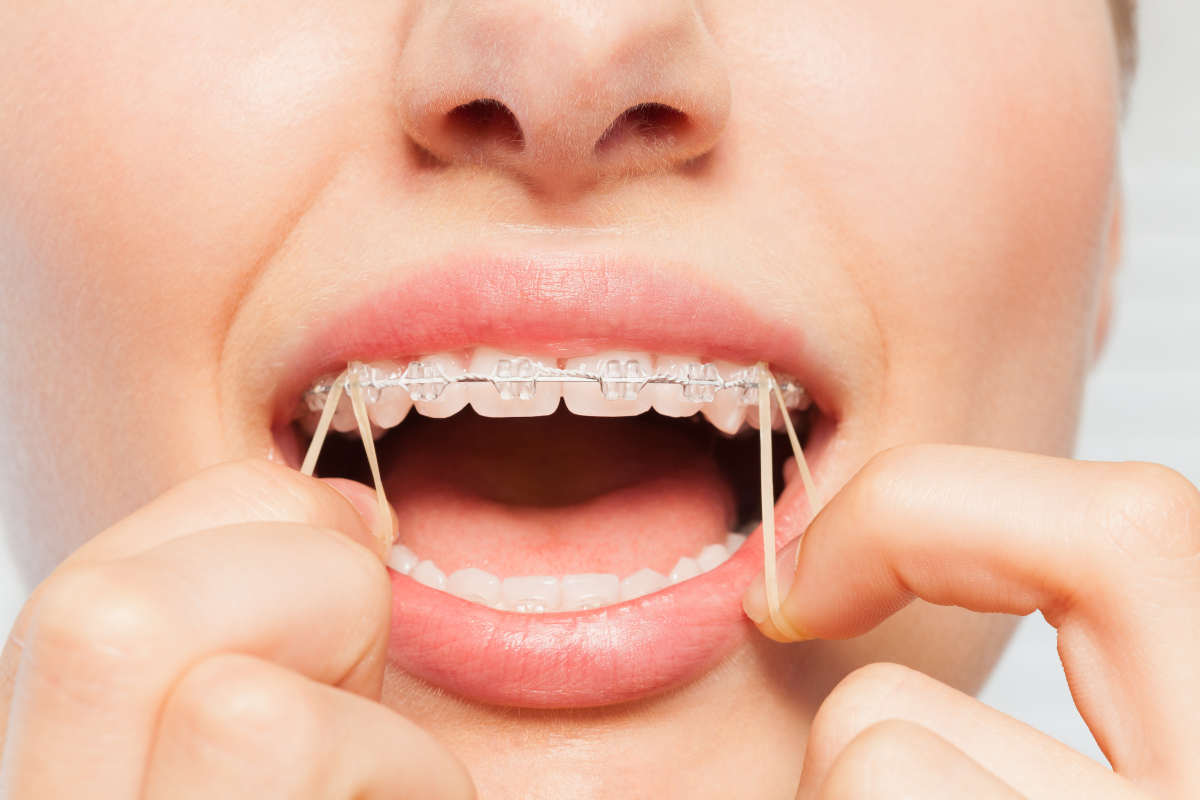
 Instagram
Instagram